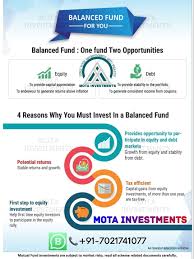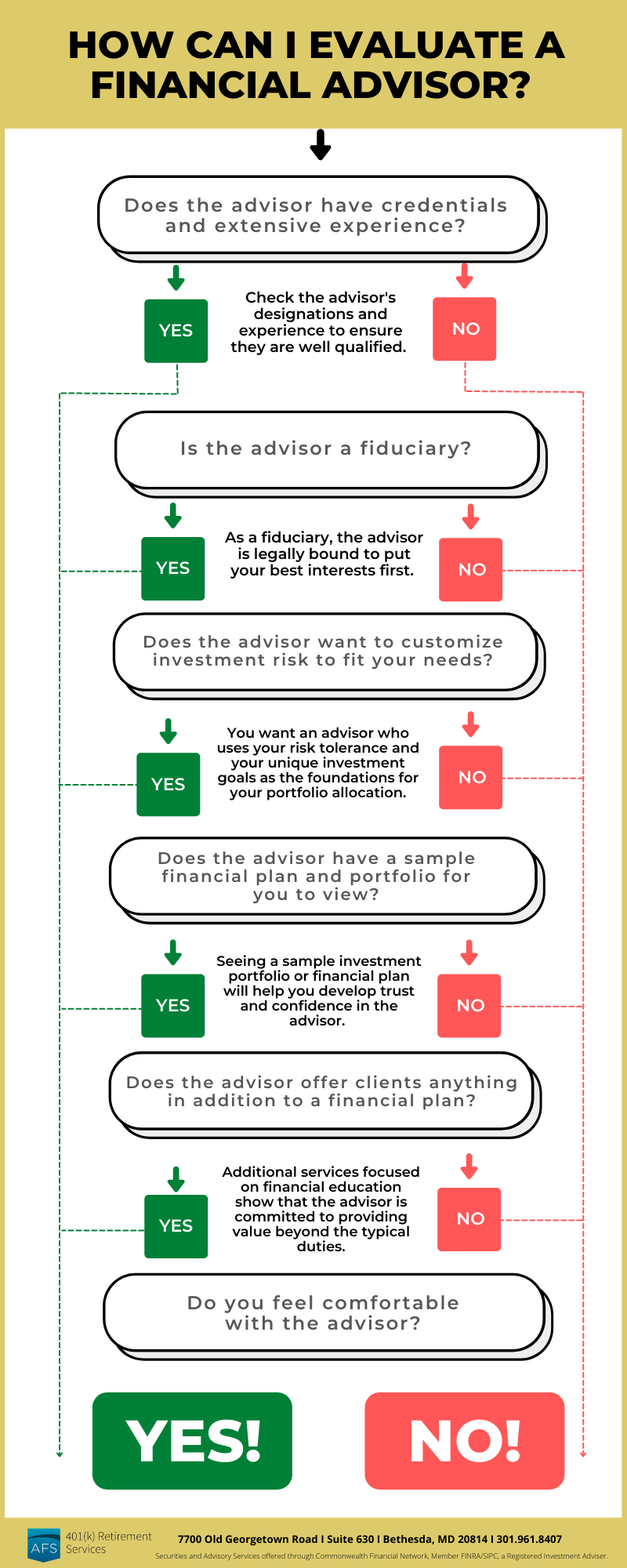
RBC Wealth Management - U.S. has an impressive network with over 2,100 advisors and 180+ offices in the country. The wealth management industry faces new challenges and disruptive competition. This industry is in a critical transition as clients are changing. As a result, the business must evolve to meet their needs. This transition also involves a reorientation of the role of wealth managers. Here are four industry leaders who helped to shape the future wealth management.
William Trout: Thought leader on innovation and technology strategy in the wealth management industry. Trout has particular expertise with data capture, analytics, and robotic process automatization. He has an in-depth knowledge of financial markets, including areas like portfolio management as well as storage. He has been quoted by Bloomberg and the New York Times. He is a Member of the Committee of 100, and a Member of the YPO. He is also a member of the Executive Committee of Citi Private Bank Global Leadership Team, North America.

Steve McLaughlin, Building world-class asset management businesses. Steve McLaughlin has been advising industry leaders for more 30 years. He has worked with several financial services firms, including Mellon Bank and Chase Global Asset Management. He also co-founded The UHNWI Institute. He has also spoken at numerous industry conferences and written numerous in-depth reports on private banks and wealth managers. He also served as a director on the Madonna Foundation and Tabitha Foundation boards of directors. He is a member of the Board of Directors of the Stransky Concert Series.
Hugh Lau. Hugh started his financial service career at A.G. Edwards & Sons. After that, Lau joined the private banking firm of D.A. Davidson. He was on the Tabitha and Madonna Foundations board of directors and chaired Stransky Concert series. He also served as a volunteer at Lighthouse's after-school program in Lincoln. Lau Financial Group was established by Lau in association with LPL Strategic Wealth Services.
Michael Zeuner Michael Zeuner is an experienced management consultant who has extensive wealth management experience. Zeuner, prior to joining WE Family Offices was a senior executive partnership at GenSpring responsible for the U.S. family offices. Zeuner was also part of GenSpring’s operating committee. He joined WE Family Offices as a member in 2013. He was previously the head of strategy and marketing for the global private banking business at Chase Manhattan Private Bank, prior to merging with JP Morgan. He is a member of the YPO, the Committee of 100 and the Private Bank Global Leadership Team at Citi PrivateBank, North America.

Bruce Weatherill: Weatherill, who is not the executive chairman of ClearView Financial Media, serves as a consultant to wealth management firms on strategic issues. He is the author of The Value of Trust, and a member of the Wisdom Council (the advisory board of Ten Group). He is also the non-executive chairman of Fidelity Holdings UK.
FAQ
What is the difference between passive income and active income?
Passive income means that you can make money with little effort. Active income requires hard work and effort.
When you make value for others, that is called active income. It is when someone buys a product or service you have created. Examples include creating a website, selling products online and writing an ebook.
Passive income can be a great option because you can put your efforts into more important things and still make money. However, most people don't like working for themselves. So they choose to invest time and energy into earning passive income.
Passive income doesn't last forever, which is the problem. If you wait too long before you start to earn passive income, it's possible that you will run out.
It is possible to burn out if your passive income efforts are too intense. It is best to get started right away. If you wait to start earning passive income, you might miss out opportunities to maximize the potential of your earnings.
There are 3 types of passive income streams.
-
Business opportunities include opening a franchise, creating a blog or freelancer, as well as renting out property like real estate.
-
Investments - These include stocks, bonds and mutual funds as well ETFs.
-
Real Estate - These include buying land, flipping houses and investing in real estate.
What is the limit of debt?
It is important to remember that too much money can be dangerous. Spending more than what you earn can lead to cash running out. This is because savings takes time to grow. You should cut back on spending if you feel you have run out of cash.
But how much should you live with? There isn't an exact number that applies to everyone, but the general rule is that you should aim to live within 10% of your income. This will ensure that you don't go bankrupt even after years of saving.
If you earn $10,000 per year, this means you should not spend more than $1,000 per month. If you make $20,000, you should' t spend more than $2,000 per month. Spend no more than $5,000 a month if you have $50,000.
Paying off your debts quickly is the key. This includes student loans, credit cards, car payments, and student loans. After these debts are paid, you will have more money to save.
It is best to consider whether or not you wish to invest any excess income. You may lose your money if the stock markets fall. However, if you put your money into a savings account you can expect to see interest compound over time.
For example, let's say you set aside $100 weekly for savings. In five years, this would add up to $500. In six years you'd have $1000 saved. You would have $3,000 in your bank account within eight years. In ten years you would have $13,000 in savings.
You'll have almost $40,000 sitting in your savings account at the end of fifteen years. That's pretty impressive. However, this amount would have earned you interest if it had been invested in stock market during the exact same period. Instead of $40,000, you'd now have more than $57,000.
It's crucial to learn how you can manage your finances effectively. Otherwise, you might wind up with far more money than you planned.
What side hustles are the most profitable?
Side hustles are income streams that add to your primary source of income.
Side hustles are important as they can provide additional income for bills or fun activities.
Side hustles may also allow you to save more money for retirement and give you more flexibility in your work schedule. They can even help you increase your earning potential.
There are two types side hustles: active and passive. Side hustles that are passive include side businesses such as blogging, e-commerce and freelancing. Active side hustles include jobs such as dog walking, tutoring, and selling items on eBay.
The best side hustles make sense for you and fit well within your lifestyle. You might consider starting your own fitness business if you enjoy working out. If you love to spend time outdoors, consider becoming an independent landscaper.
Side hustles can be found anywhere. Find side hustle opportunities wherever you are already spending your time, whether that's volunteering or learning.
Why not start your own graphic design company? Perhaps you're an experienced writer so why not go ghostwriting?
No matter what side hustle you decide to pursue, do your research thoroughly and plan ahead. When the opportunity presents itself, be prepared to jump in and seize it.
Remember, side hustles aren't just about making money. Side hustles are about creating wealth and freedom.
With so many options to make money, there is no reason to stop starting one.
Which passive income is easiest?
There are many online ways to make money. Some of these take more time and effort that you might realize. How can you make extra cash easily?
The solution is to find what you enjoy, blogging, writing or selling. and monetize that passion.
For example, let's say you enjoy creating blog posts. Your blog will provide useful information on topics relevant to your niche. You can then sign up your readers for email or social media by inviting them to click on the links contained in your articles.
Affiliate marketing is a term that can be used to describe it. There are many resources available to help you get started. Here are 101 affiliate marketing tips and resources.
You could also consider starting a blog as another form of passive income. This time, you'll need a topic to teach about. You can also make your site monetizable by creating ebooks, courses and videos.
There are many online ways to make money, but the easiest are often the best. It is important to focus on creating websites and blogs that provide valuable information if your goal is to make money online.
Once you've built your website, promote it through social media sites like Facebook, Twitter, LinkedIn, Pinterest, Instagram, YouTube and more. This is known as content marketing and it's a great way to drive traffic back to your site.
What is personal financing?
Personal finance is about managing your own money to achieve your goals at home and work. This means understanding where your money goes and what you can afford. And, it also requires balancing the needs of your wants against your financial goals.
By mastering these skills, you'll become financially independent, which means you don't depend on anyone else to provide for you. You no longer have to worry about paying rent or utilities every month.
Learning how to manage your finances will not only help you succeed, but it will also make your life easier. It can make you happier. Feeling good about your finances will make you happier, more productive, and allow you to enjoy your life more.
So, who cares about personal financial matters? Everyone does! Personal finance is one of the most popular topics on the Internet today. Google Trends indicates that search terms for "personal finance” have seen a 1,600% increase in searches between 2004-2014.
People today use their smartphones to track their budgets, compare prices, build wealth, and more. They read blogs like this one, watch videos about personal finance on YouTube, and listen to podcasts about investing.
According to Bankrate.com Americans spend on average four hours per day watching TV, listening and playing music, browsing the Internet, reading books, and talking to friends. This leaves just two hours per day for all other important activities.
Personal finance is something you can master.
How can a beginner make passive money?
Begin with the basics. Next, learn how you can create value for yourself and then look at ways to make money.
You may have some ideas. If you do, great! If you do, great!
You can make money online by looking for opportunities that match you skills and interests.
If you are passionate about creating apps and websites, you can find many opportunities to generate revenue while you're sleeping.
Reviewing products is a great way to express your creativity. Or if you're creative, you might consider designing logos or artwork for clients.
No matter what focus you choose, be sure to find something you like. If you enjoy it, you will stick with the decision for the long-term.
Once you have discovered a product or service that you are passionate about helping others purchase, you need to figure how to market it.
There are two main options. One is to charge a flat rate for your services (like a freelancer), and the second is to charge per project (like an agency).
You'll need promotion for your rates in either case. This can be done via social media, emailing, flyers, or posting them to your list.
These are three ways to improve your chances of success in marketing your business.
-
e professional - always act like a professional when doing anything related to marketing. You never know who could be reading and evaluating your content.
-
Be knowledgeable about the topic you are discussing. No one wants to be a fake expert.
-
Emailing everyone in your list is not spam. For a recommendation, email it to the person who asked.
-
Make sure to choose a quality email provider. Yahoo Mail, Gmail, and Yahoo Mail are both free.
-
Monitor your results. Track who opens your messages, clicks on links, and signs up for your mailing lists.
-
You can measure your ROI by measuring the number of leads generated for each campaign and determining which campaigns are most successful in converting them.
-
Ask for feedback: Get feedback from friends and family about your services.
-
Test different tactics - try multiple strategies to see which ones work better.
-
Keep learning - continue to grow as a marketer so you stay relevant.
Statistics
- Shares of Six Flags Entertainment Corp. dove 4.7% in premarket trading Thursday, after the theme park operator reported third-quarter profit and r... (marketwatch.com)
- Mortgage rates hit 7.08%, Freddie Mac says Most Popular (marketwatch.com)
- While 39% of Americans say they feel anxious when making financial decisions, according to the survey, 30% feel confident and 17% excited, suggesting it is possible to feel good when navigating your finances. (nerdwallet.com)
- These websites say they will pay you up to 92% of the card's value. (nerdwallet.com)
- Etsy boasted about 96 million active buyers and grossed over $13.5 billion in merchandise sales in 2021, according to data from Statista. (nerdwallet.com)
External Links
How To
How to Make Money Online
How to make money online today differs greatly from how people made money 10 years ago. Your investment strategy is changing. While there are many methods to generate passive income, most require significant upfront investment. Some methods can be more challenging than others. However, there are many things you need to do before investing your hard-earned funds in anything online.
-
Find out who you are as an investor. PTC sites are a great way to quickly make money. You get paid to click ads. Affiliate marketing is a better option if you are more interested in long-term earnings potential.
-
Do your research. Do your research before you sign up for any program. Look through past performance records, testimonials, reviews. You don't want your time or energy wasted only to discover that the product doesn’t work.
-
Start small. Don't jump straight into one large project. Instead, start off by building something simple first. This will allow you to learn the ropes and help you decide if this business is for you. After you feel confident enough, you can start working on larger projects.
-
Get started now! It's never too early to begin making money online. Even if a long-term employee, there's still time to build up a profitable portfolio of niche websites. All you need to get started is an idea and some hard work. Get started today and get involved!